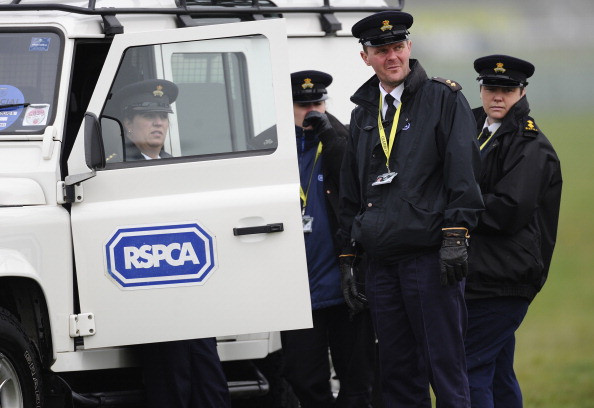Vegan who said farming is a 'Holocaust' elected to RSPCA's ruling council

A hardline vegan who has compared farming to the Holocaust has been elected to the RSPCA's ruling council.
Peta Watson-Smith's comments distressed leaders of the Jewish comunity. Nevertheless, she has been elected in a poll of the charity's 22,000 members.
Another hardliner who gained a seat on the 23-strong council is Dan Lyons. Lyons has said that he wants pet owners to sit exams. He is also the chief executive of the Centre for Animals and Social Justice, a charity that has been investigating ways to represent animals in parliament.
The appointments have aroused controversy, with the Charity Commission set to come under pressure to review the RSPCA's governance. Council members automatically become trustees of the charity.
The RSPCA has failed to appoint a chief executive since Gavin Grant, its former trenchant leader, resigned due to ill health more than year ago.
The charity has come under fire for the volume of prosecutions it mounts. Critics point to a conflict of interest between its legal activity and its campaigning.
In an interview with The Times last year, Watson-Smith said that if elected she wished to encourage the public "to follow a wholly plant-based diet".
"Encouraging people to eat less meat is going to benefit animals and the knock-on is going to be human health and welfare," she said. "I don't think people always appreciate what is the Holocaust going on behind closed doors. You talk about the Jews. If we recognise animals as sentient beings, why are we treating them so abysmally on farms?"
In her election address she said that hunting turned people into sadists: "There is a scientific psychological link between cruelty to animals in early childhood and delinquency and sadistic behaviour in later years."
Tim Bonner, a director at the Countryside Alliance, said that extremist animal rights campaigning "alienates people in the countryside completely from what should be the most important animal welfare organisation in the country".
© Copyright IBTimes 2025. All rights reserved.





















